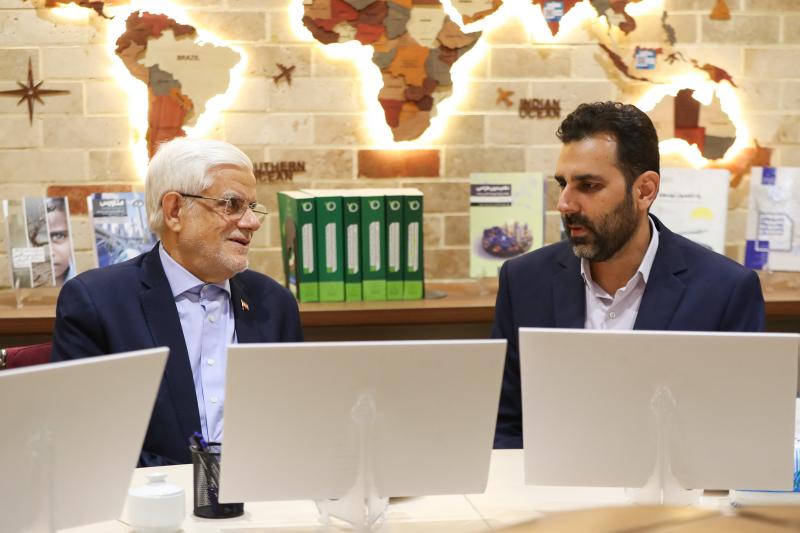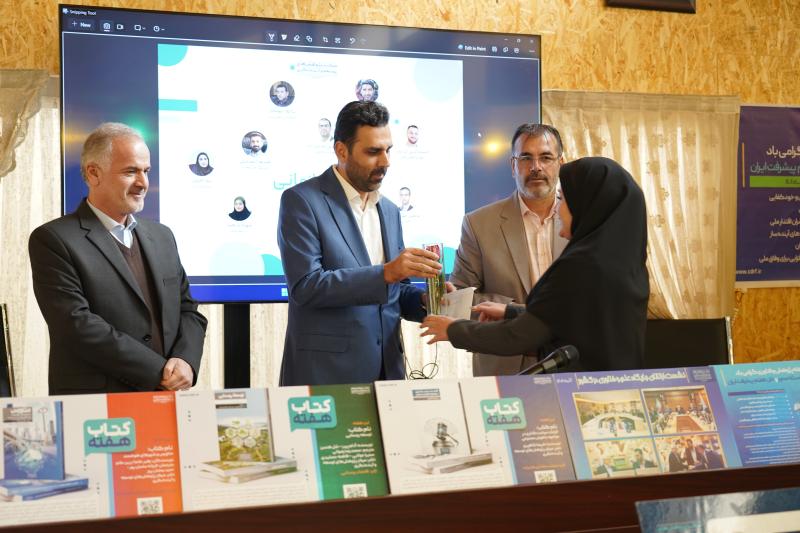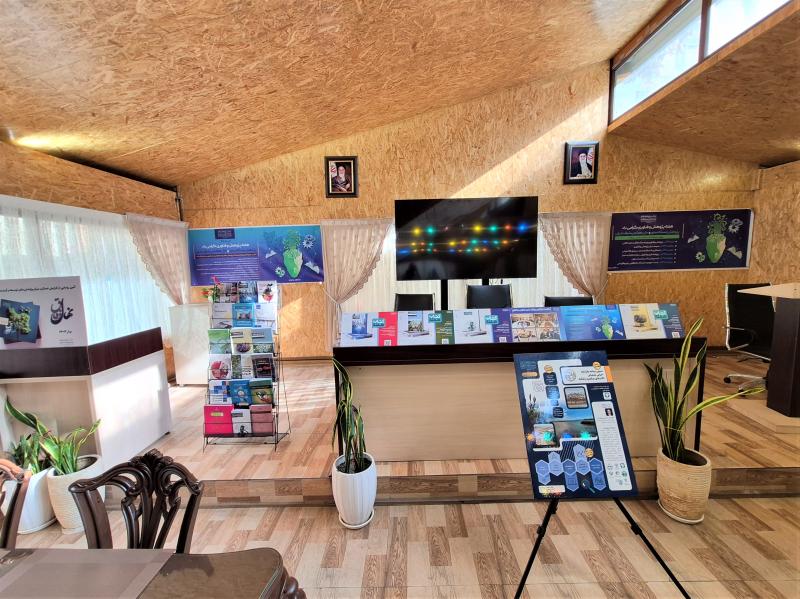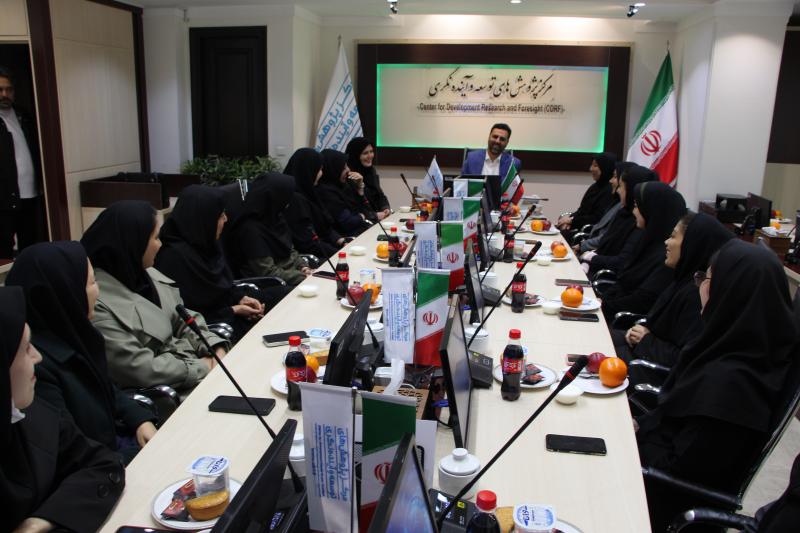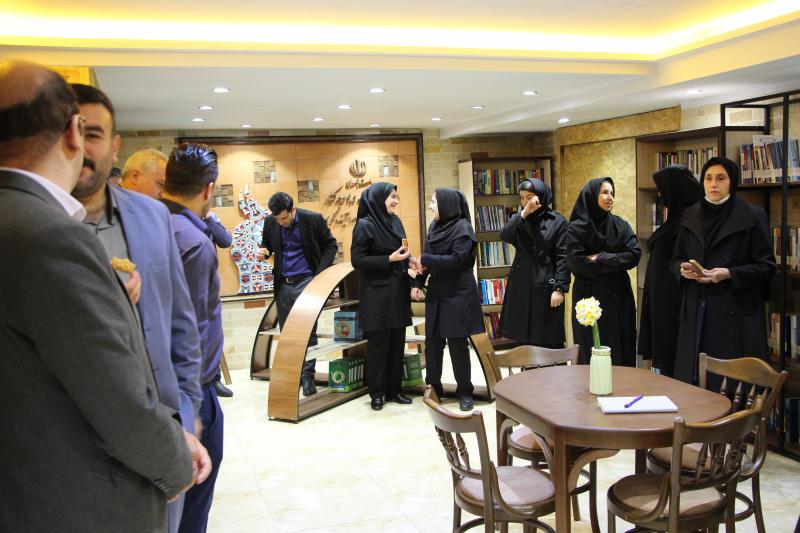
-
بررسی آییننامهها و دستورالعملهای برنامه هفتم پیشرفت
-
بررسی عوامل موثر بر افزایش تصادفات و تلفات جادهای و سوانح رانندگی و دادهکاوی تلفات انسانی
-
سازماندهی و بازآرایی فضایی آموزش عالی کشور
-
به روز رسانی سند ملی آمایش سرزمین
-
انجام مطالعات مناطق آزاد به عنوان نواحی پیشران اقتصادی کشور
-
اصلاح ساختار بودجه و پیاده سازی نظام یکپارچه مدیریت اطلاعات مالی دولت (IFMIS)
کلید واژه : Gasoline
تعداد اخبار : 4
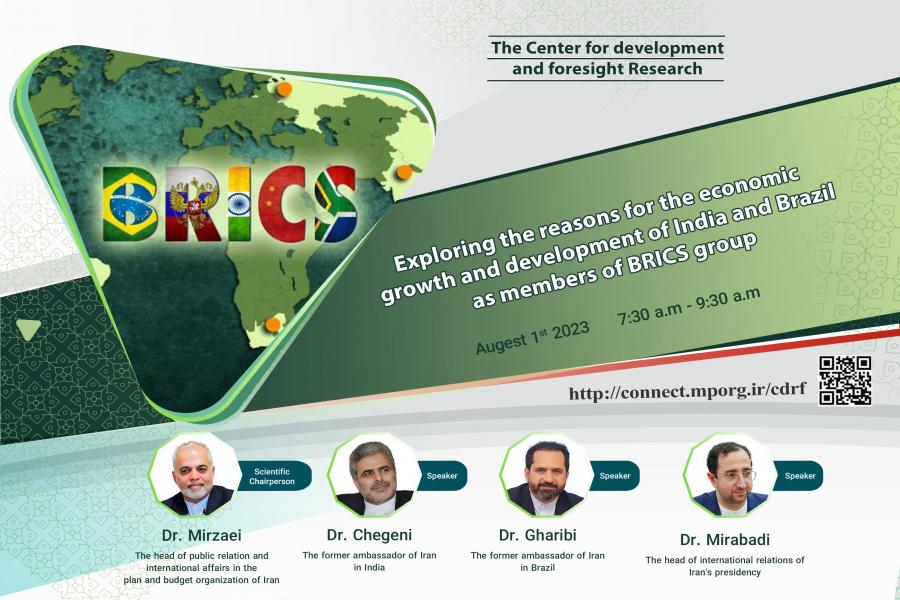
The private sector is the driving force of the BRICS countries’ economic development
The specialized conference of “Exploring the reasons for the success of the development plans of the BRICS countries; with a focus on Brazil and India” was held. It was stated that the private sector is considered as the driving force of economic development in Brazil and India. Also, it was mentioned that utilizing the economic development experience of Brazil and India would be a pivotal factor for the development of Iran’s economy.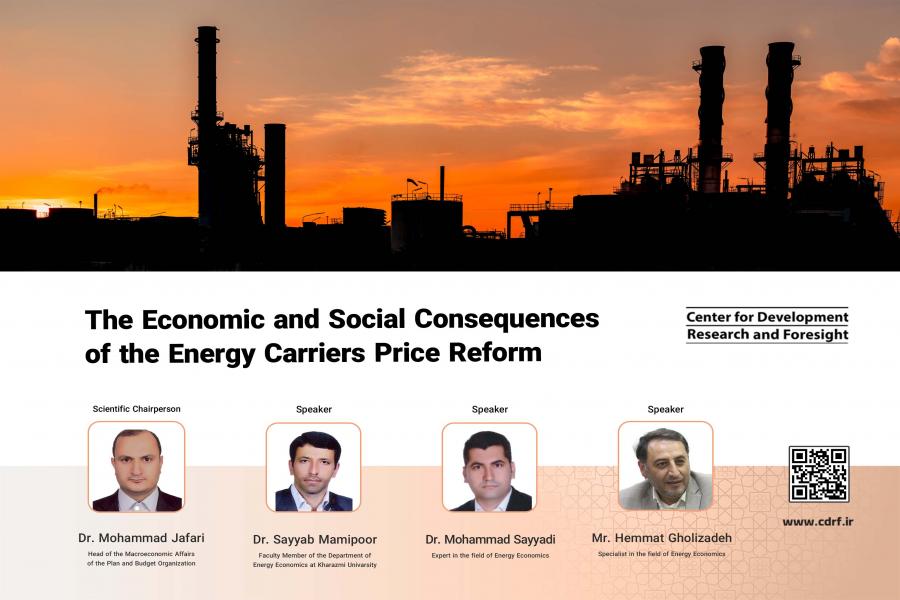
The Economic and Social Consequences of the Energy Carriers Price Reform
Given the significant role of energy in Iran’s economy, the pricing of energy carriers, particularly gasoline, has always been a critical factor in the implementation of government policies and the overall economy of Iran. The Energy Subsidy Reform policy and the appropriate pricing method have consistently posed challenges, with various governments grappling with economic, social, and environmental challenges in gasoline price reforms.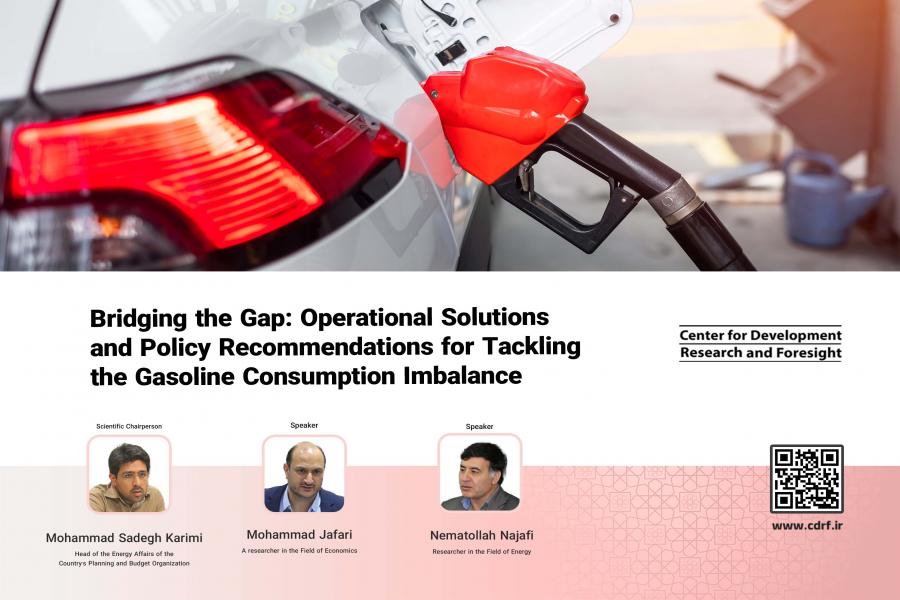
Bridging the Gap: Operational Solutions and Policy Recommendations for Tackling the Gasoline Consumption Imbalance
Iran is facing a growing problem at the pump. The country is burning through gasoline at an alarming rate, and experts are calling for action. In the recent conference titled “Bridging the Gap: Operational Solutions and Policy Recommendations for Tackling the Gasoline Consumption Imbalance” at the Center for Development Research and Foresight, key figures from government and academia discussed a range of solutions to bridge the gap between Iran's fuel consumption and supply..png)

